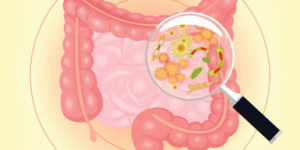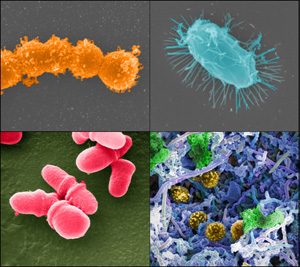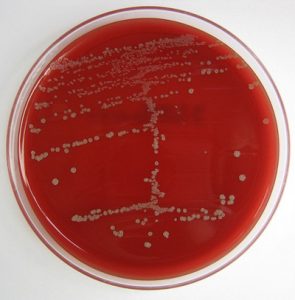Tag
microbiome
-
Be skeptical of products and treatments for microbiome, experts say
Journalists and health providers should be skeptical about products and treatments related to the microbiome because researchers are still in…

-
Researchers warn that evidence about microbiome’s role is preliminary
PHOENIX – Journalists who write about health claims connected to the microbiome – the army of bacteria that live on…

-
•
New studies consider how oral flora can impact health of the entire body
The human mouth is home to a variety of ecological niches, inhabited by hundreds of microbial species. Scientists are eager…

-
•
Covering the wild west of microbiome research #ahcj15
Since stool transplants have turned out to be useful in fighting deadly hospital-borne C. difficile infections, new claims about the…

-
Pucker up: Research into kissing may help with future bacterial therapies
Dutch researchers have concluded that during a 10-second French kiss, partners exchange an average of 80 million bacteria. Their study,…




